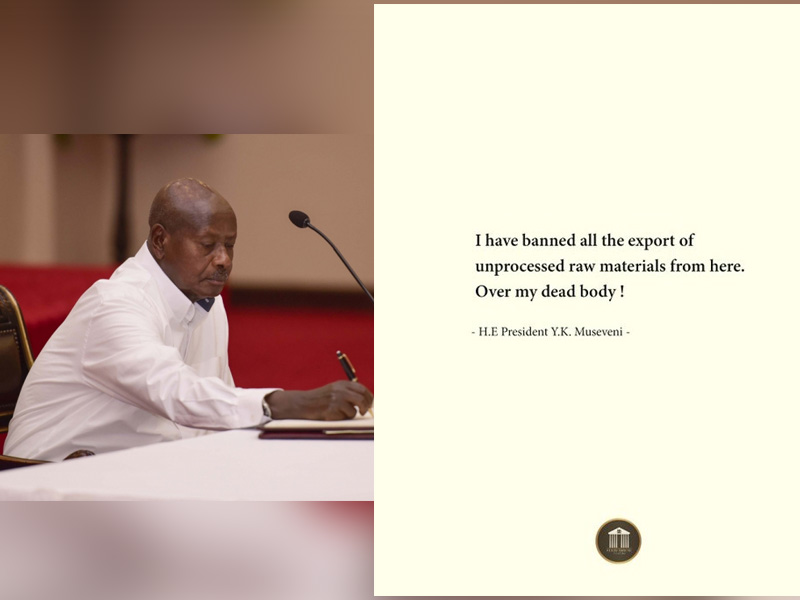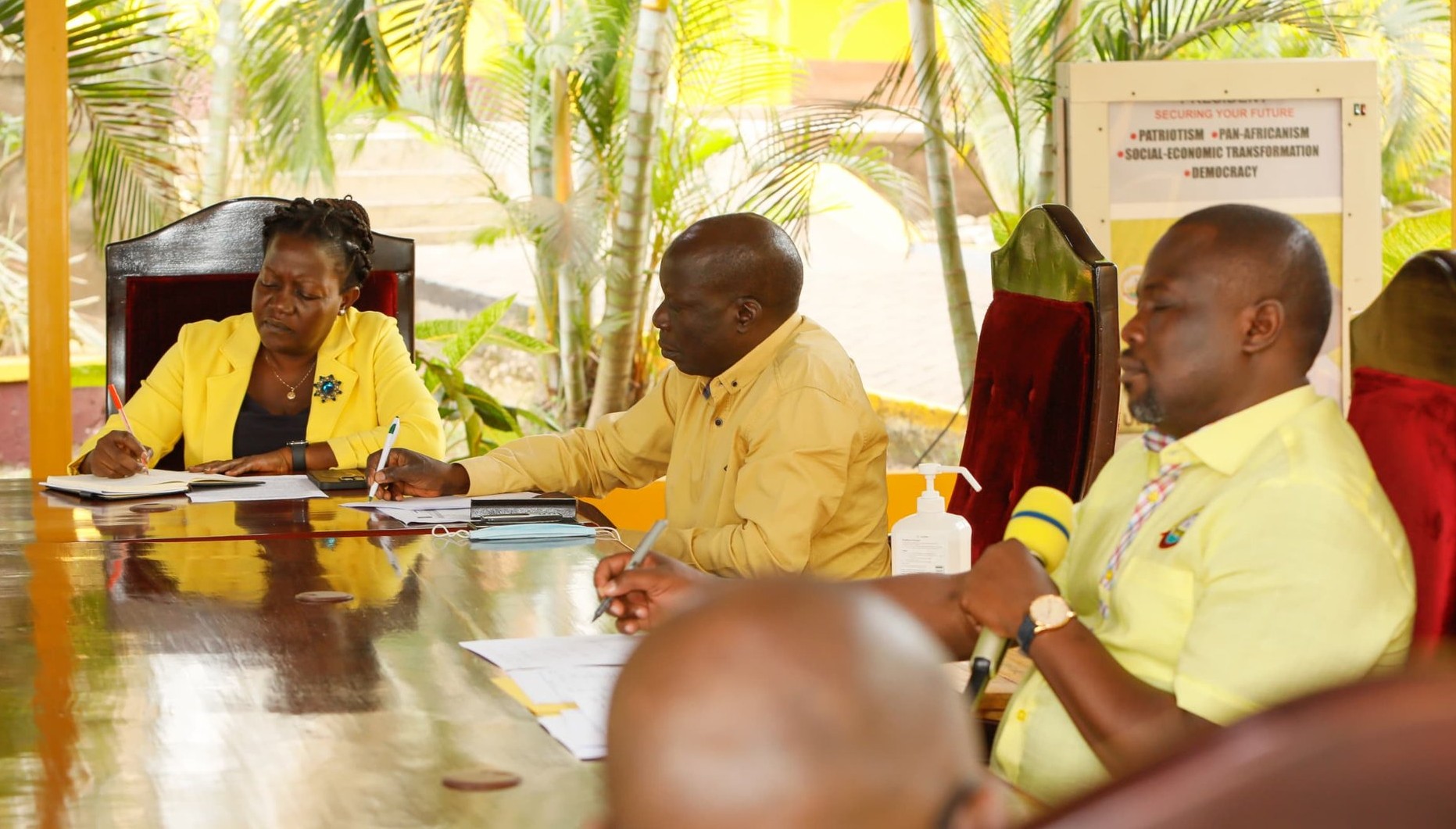A contentious financial saga has unfolded surrounding the buyout of Umeme Limited, the country’s primary electricity distribution company, as its 20-year concession nears its end on March 31, 2025. The government’s plan to reclaim control of the electricity distribution network has been mired in conflicting figures, pitting the Auditor General’s findings against estimates approved by Parliament and claims from other stakeholders, including Umeme itself. This discrepancy has sparked debates about transparency, fiscal responsibility, and the potential for mismanagement or insider dealings.
The story begins with Umeme’s concession, which started in 2005 when the company took over electricity distribution from the state-owned Uganda Electricity Distribution Company Limited (UEDCL). As the concession approached its expiration, the government moved to buy out Umeme’s assets, compensating the company for unrecovered investments. However, determining the exact buyout amount has proven elusive, with wildly varying figures emerging from different quarters.
In early 2025, the Ugandan Parliament approved a loan of $190.9 million (approximately UGX 700.2 billion) from Stanbic Bank to finance the buyout. This decision, made on March 20, 2025, followed heated debates among lawmakers. The figure was based on estimates provided by the Ministry of Finance, which cited a draft special audit report from January 2025. Energy Minister Ruth Nankabirwa and State Minister for Finance Henry Musasizi defended the amount, arguing it was necessary to meet contractual obligations and avoid penalties outlined in Umeme’s agreement, which could escalate to 20% interest on unpaid amounts after 91 days. Critics, however, including members of the National Economy Committee, urged caution, recommending that approval be delayed until the Auditor General finalized the exact figure.
Just days later, on March 27, 2025, the Auditor General, Edward Akol, delivered a bombshell. After conducting a special audit, he presented a report to Speaker of Parliament Anita Among, asserting that the true buyout amount owed to Umeme was only $118 million (approximately UGX 432.6 billion)—a staggering $72.9 million (UGX 267.6 billion) less than the Parliament-approved loan. The Auditor General’s figure was based on a detailed reconciliation of Umeme’s investments and recoveries through end-user tariffs over the concession period. This revelation exposed a significant overestimation in the government’s earlier calculations, raising questions about the accuracy—or motives—behind the higher figure.
Adding to the confusion, other estimates have floated around. The Electricity Regulatory Authority (ERA) initially pegged the buyout cost at $225.75 million in September 2023, only to revise it downward to $127.66 million by March 2025, factoring in additional investments and tariff recoveries. Umeme itself has reportedly claimed a much higher amount, with figures as high as UGX 856 billion (roughly $234 million) cited in discussions, a sum once supported by the Attorney General. These disparities have fueled speculation about whether the higher estimates were inflated to benefit certain parties or reflected genuine disagreements over valuation methods.
Speaker Anita Among, upon receiving the Auditor General’s report, took a firm stance. “We will pay what the audit confirms, not estimates,” she declared, signaling that Parliament would rely on the $118 million figure rather than the $190.9 million loan already secured. This decision has cast doubt on the fate of the excess funds, prompting concerns about potential syndicated fraud or mismanagement. Lawmakers and analysts have questioned why such a significant loan was rushed through Parliament without awaiting the Auditor General’s final word, especially with the concession deadline looming just four days later.
The financial stakes are high. The $190.9 million loan, if fully disbursed, would see the government repay $235.41 million over five years due to interest, a burden critics argue could strain Uganda’s already debt-laden budget. The Auditor General’s lower figure, if adhered to, could save taxpayers billions of shillings, but it also risks legal or contractual disputes with Umeme if the company contests the valuation. Meanwhile, the transition to UEDCL control looms, with concerns about the government’s readiness to manage the network efficiently, especially given warnings from the ERA about insufficient funding and logistical preparations.
As of March 27, 2025, the Umeme buyout remains a tangled web of numbers and narratives. The Auditor General’s $118 million stands in stark contrast to Parliament’s $190.9 million approval and Umeme’s higher claims, leaving Ugandans to wonder: Will the government honor the audit, or will political and financial pressures push it toward the costlier path? With the concession’s end just days away, the resolution of this conflict will shape not only the future of Uganda’s energy sector but also public trust in its fiscal governance.







